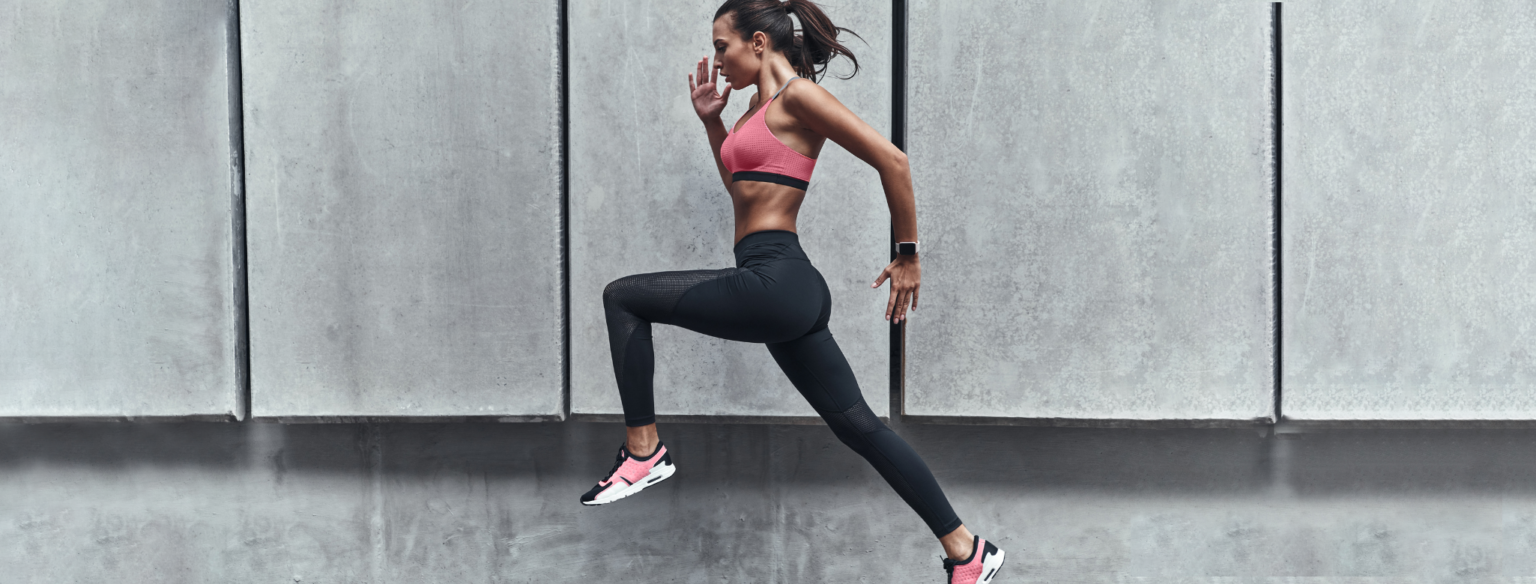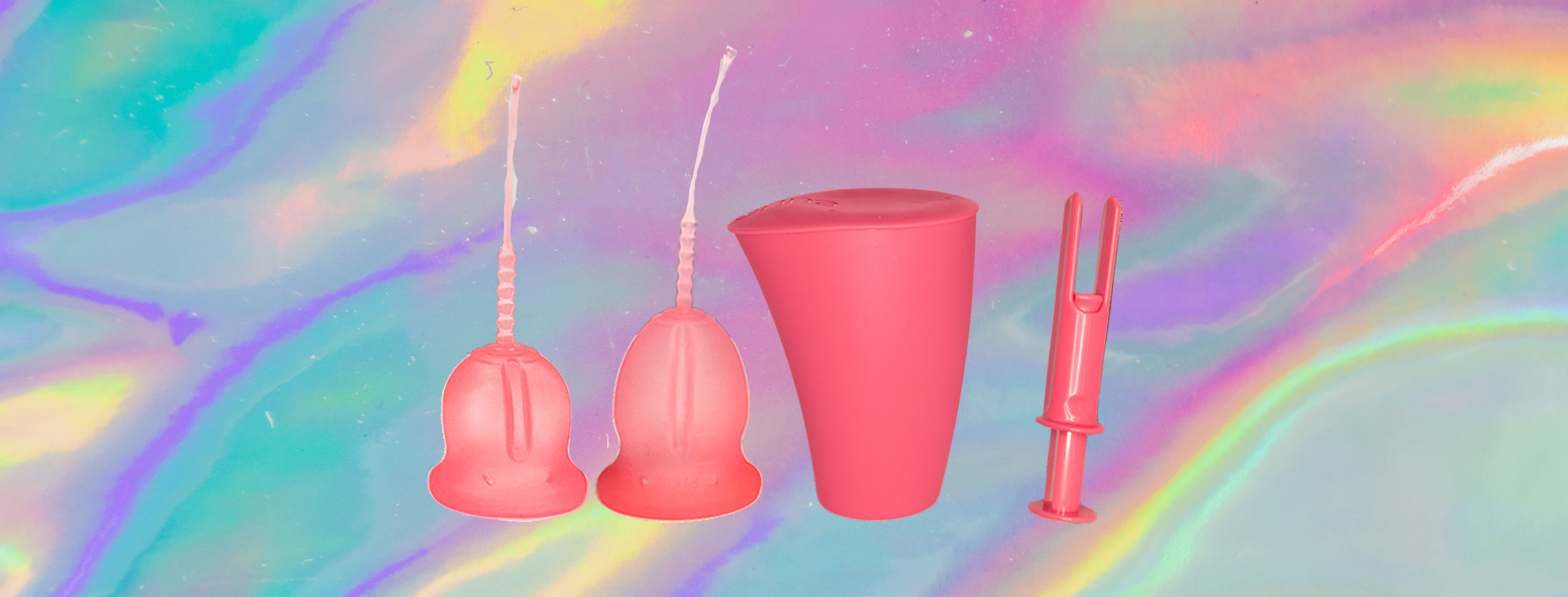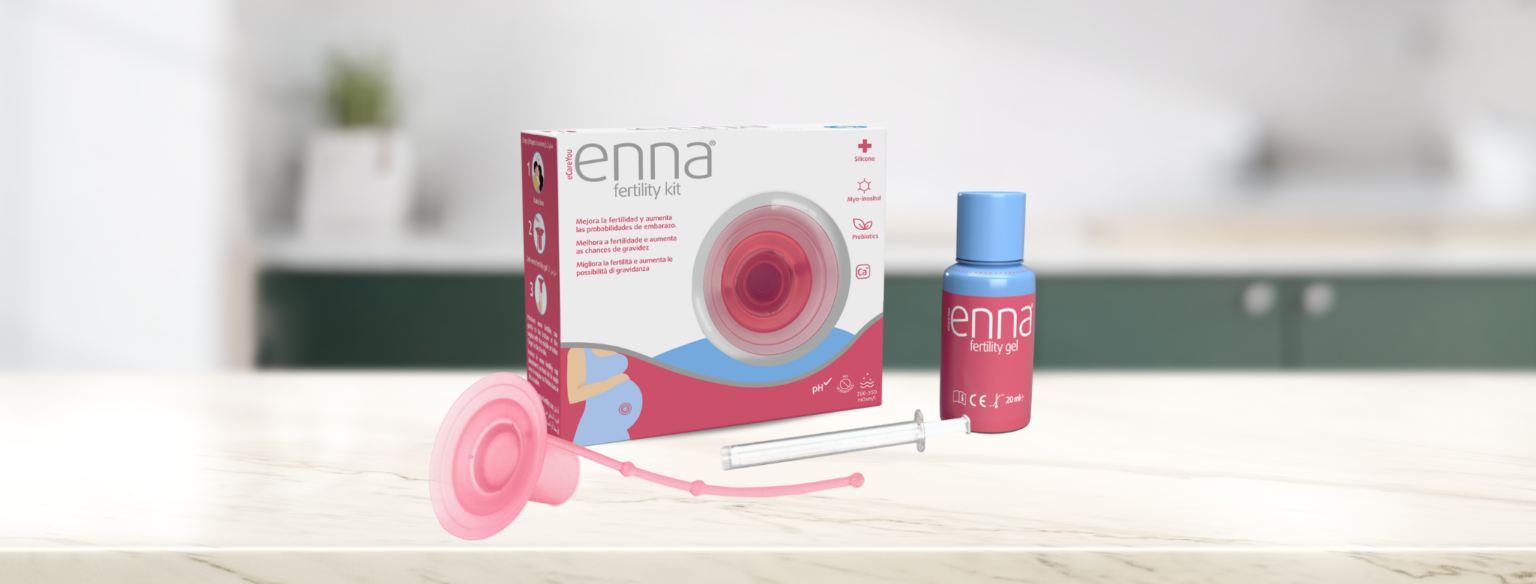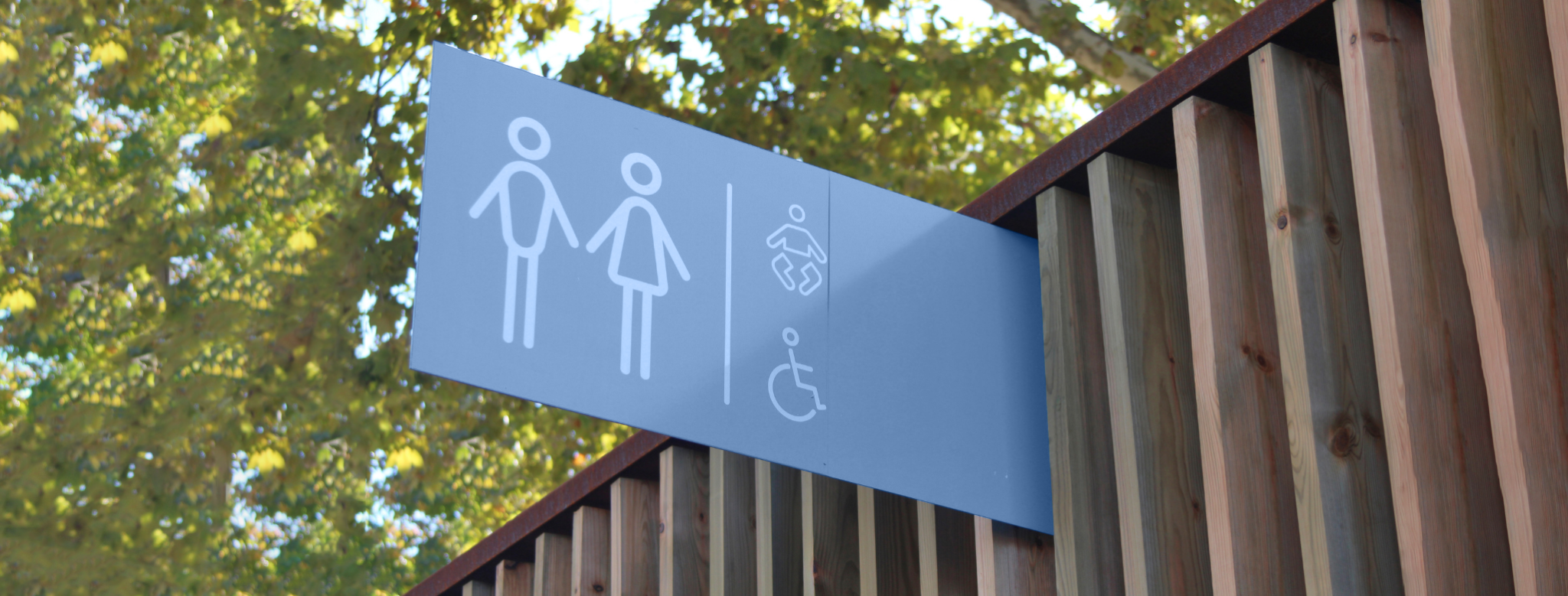Sport and loss of urine may go hand in hand if certain factors are not taken into account, such as the type of sport you do. Although we always associate doing sport with health and well-being, sometimes we may get injured if we’re not careful (it is important to warm up and stretch our muscles) or, in some cases, we may suffer from stress urinary incontinence.
Stress urinary incontinence is caused by pressure being exerted on the bladder in our day-to-day lives when we cough, laugh, sneeze or do high-impact sport such as running, playing tennis or basketball, or any sport than involves jumping. This causes the bladder to work more and means it is unable to stop urine from leaking out.
How does sport affect the pelvic floor?
When we do high-impact sport such as running, playing basketball, horse riding or aerobics, what happens is that the “hits” received by our pelvic floor and the pressure exerted on the abdomen cause the pelvic floor to weaken. The pelvic floor is a group of muscles in the form of a hammock which supports the organs of the bladder, urethra and vagina, meaning that if this hammock weakens and starts to hang more loosely, it will no longer be able to support these organs. As well as loss of urine, this may result in prolapses, in other words when one of these organs is no longer supported by this structure, causing it to slip down.
This does not happen with other sport activities such as yoga or pilates, which strengthen the pelvic floor.
How can we avoid urinary incontinence?
The most effective thing we can do is prepare and look after our pelvic floor from a young age. Get to know and care for it, although there is still a great lack of awareness about the pelvic floor. Many women don’t know about it until they come pregnant. When doing sport:
- Try to avoid hard areas such as tarmac, as the impact is higher here.
- Choose flat areas. Slopes require overexertion of our muscles in order to slow down, heightening the pressure on the pelvic floor.
- It is best to take short steps, as long strides increase impact and cause more damage to the pelvic muscles.
- Do hypopressive exercises to warm up and strengthen the pelvic floor with Kegel exercises, yoga or pilates.
- Go to see a pelvic floor specialist for a checkup and so they can recommend you a specific recovery plan. There are medical devices available, such as the enna pelvic ball, which help strengthen your pelvic floor while you are moving. The enna vaginal sphere works using vibrations which make the pelvic floor muscles contract involuntarily, therefore toning the muscles.
Other ways to prevent urinary incontinence
In addition to exercising your muscles and being careful when doing sport, you can introduce small changes into your daily routine which will help you from within. For example, it is important to have a balanced diet and cut down on more diuretic foods, as well as anything which irritates the bladder, such as tea or coffee. Alcohol, fizzy drinks, chocolate and spicy foods are not great for your bladder either. When it comes to staying hydrated, it is important to do so just the right amount, as both extremes (too little or too much hydration) are bad for you. Poor posture in the office and constipation are other factors which affect the pelvic floor.






